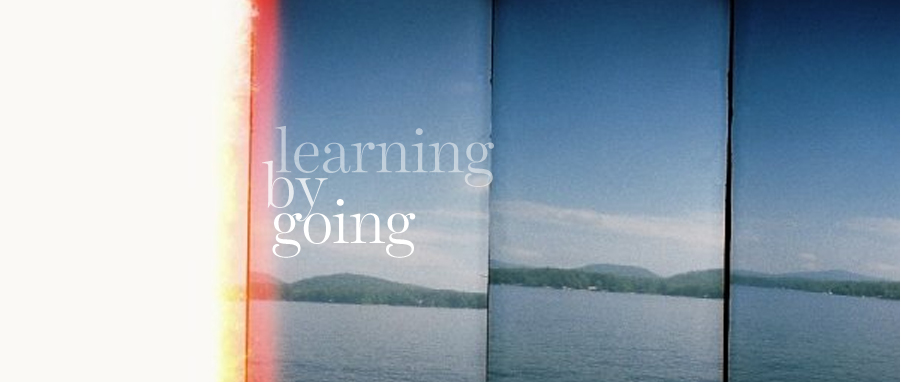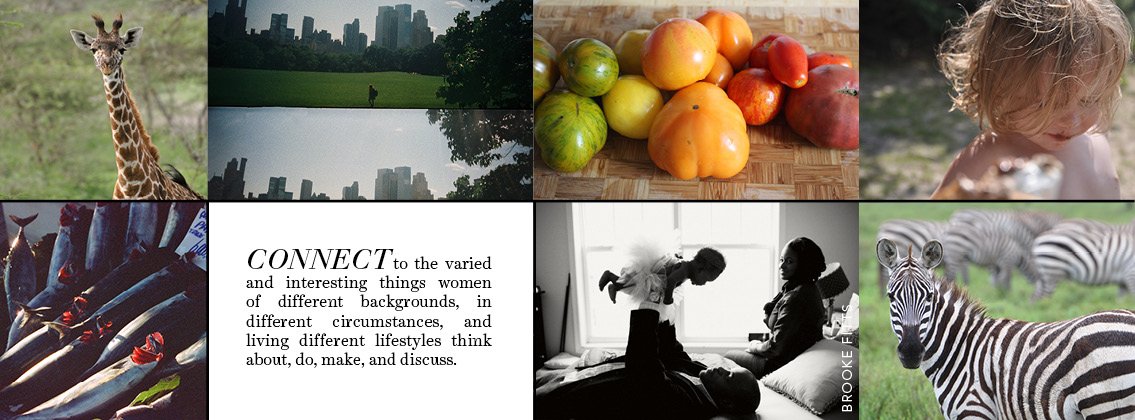We love to hear what our friends are reading when they step away from the computer. Drop us a line and let us know what’s blowing your mind. Amanda Page, Bold Types I’m moving, and just recently put all my books in boxes. From my bedside table, I removed a short stack that I’d pulled to give me comfort through a fairly stressful time.
Stargirl by Jerry Spinelli On a whim, I asked the Twitterverse to send me reading recommendations. I think I asked for “fiction that would change my game” or something like that. One person responded, and this is what they suggested. I couldn’t shake this one for days. There’s a sequel that I can’t bring myself to read because this one made such an impression. It changed my game. It broke my heart.
Breakfast at Tiffany’s by Truman Capote Holly Golightly is an old friend. This is the book I wish I’d written. I found it in a used bookstore just a month or two before I left for graduate school. I’d seen the film and wasn’t crazy about it, but something about the small, pale turquoise paperback with the bright yellow stars spoke to me. I read it in just a couple of hours. And then I read it again. I read it sometimes to remind myself of the type of book I aspire to write.
Never Let Me Go by Kazuo Ishiguro I saw the movie first. Then, when asked to teach a novel in a freshman course, this immediately came to mind. There are just so many layers! I find the narration so interesting. Plus, I’m fascinated by the author’s choice to use that particular character as the one who tells the story. It was on my table because I recently met a man on a plane, a professor, and we talked about this book. He didn’t like it. I didn’t understand how anyone couldn’t like it. When I got home, I pulled it from my shelf and started sifting through it slowly. It still grips me. Haunts me. Maybe some people don’t like to be haunted.
Marni Zarr, Dream Day Musings Daily . . . Journey to the Heart by Melody Beattie Daily mediations that keep me moving forward and provide encouragement when I'm feeling stuck. Reading this book has taught me that pauses are as necessary to the journey as movement. I jot dated notes in the margins when something really speaks to the way I'm feeling at that time. It's interesting to read what I penciled in two years ago and compare it to now. I can see how my thoughts about the events in my life are gradually changing. I'm on my third read through after receiving this book from a dear friend three years ago this past May for my birthday. I love that it's showing its well loved wear with tattered edges and turned down corners.
Midway through . . . The Power of One by Bryce Courtenay My mom loaned this to me after she finished reading it for her book club. It's a story about a boy's journey through some humorous---while at the same time harsh---moments, beginning in the late 1930's growing up in South Africa. I love that the book begins in a young child's voice that brings me to both laughter and tears in it's innocence. A robust tale of how he is influenced through the lessons and words from the adults he meets through his multifarious experiences growing up. He has a quiet, sweet maturity about him that attracts their wisdom and protection. Even if only together for a day, they leave him with potent advice that stays with him for a lifetime. I am enjoying the colorful characters in the story as well as the historical material about life in South Africa as the story unfolds.
Recommended . . . The Imperfectionists by Tom Rachman Each of the characters separate lives is intertwined into a cleverly layered story of their overlapping experiences and relationships while working for an English language newspaper in Rome. I loved how the author weaves the emotions and actions of one into all. A great read for the beach. Each chapter is a short story in itself.
Savala Nolan, Detroit Shimmy Cleopatra by Stacy Schiff A writer taking on Cleopatra is like an actor taking on Jack Kennedy: what can she do that feels real when her audience is drunk on mythology? I went into this book with neutral expectations, thinking a gifted scholar and an impossible subject would yield a decent book. But it blew me away. Schiff’s writing is lean, elegant, and sumptuous, like a ballet. It ferries you across a familiar story in fresh and vivid vignettes, loaded with juicy tidbits about life in that ancient era, from statecraft to bloodlines to royal feasts to poisons. She acknowledges how much we can’t know about Cleopatra, yet her speculations ring true (maybe because she herself is woman). And, of course, there’s plenty of lust and love, with Caesar and Mark Antony keeping wind in the sails.
The Good Soldiers by David Finkel I read a lot about war and military history, and this is one of my favorite books in that genre. A journalist follows soldiers on a fifteen month tour of Iraq during “the surge.” The story is bracing, and detailed: the soda soldiers drank, the music playing, the fruit trees in yards of houses they searched, the deaths, the stomach aches, the letters to and from home. Finkel tells it with heart and a mirror’s clarity. He has a genius for creating intimacy. In fact, he disappears; you don’t feel you’re reading a reporter’s chronicle. You feel you’re in your living room with the soldiers, and they are telling you what happened, and you understand.
Gun, with Occasional Music by Jonathan Lethem This is a mystery, both futuristic and noir. It’s years from now on the California coast, and though the cities and ocean are the same, life is not. Questions are forbidden, everyone’s hooked on mega-pharmaceuticals, and animals are “evolved,” living, working, and making very-new-school families with people. There’s murder, sex, and drugs. Lethem’s protagonist is an acerbic and sly detective. He’s defunct in some ways, but he’s got a big aching heart and an appetite for life that the future doesn’t abide. This book is brilliant because its beautifully written and feels unnervingly prescient: Lethem’s bizarre world is so real, and our real world is so bizarre, that his future seems, at times, only a few status updates away.
Blonde by Joyce Carol Oates Arthur Schlesinger, Special Assistant in the Kennedy White House, described meeting Marilyn Monroe: When he said something that pleased her, it created “a warm and spontaneous burst of affection---but then she receded into her own glittering mist.” Glittering mist! I love that image; she does seem to’ve been profoundly inviting and yet totally obscured, as if the dress in which she sang the President “Happy Birthday” dissolved and lingered around her body. Oates’s novel---a sort of imagined Monroe autobiography---captures the glittering mist perfectly. The sparkle-covered-cotton-candy element of Monroe endures. You can’t take your eye off the page, just like you can’t take your eyes off her. But the mist is there, too. Monroe remains, as she must, in your peripheral vision, even as you read her story in her own (imagined) voice. It’s a magical read.





















